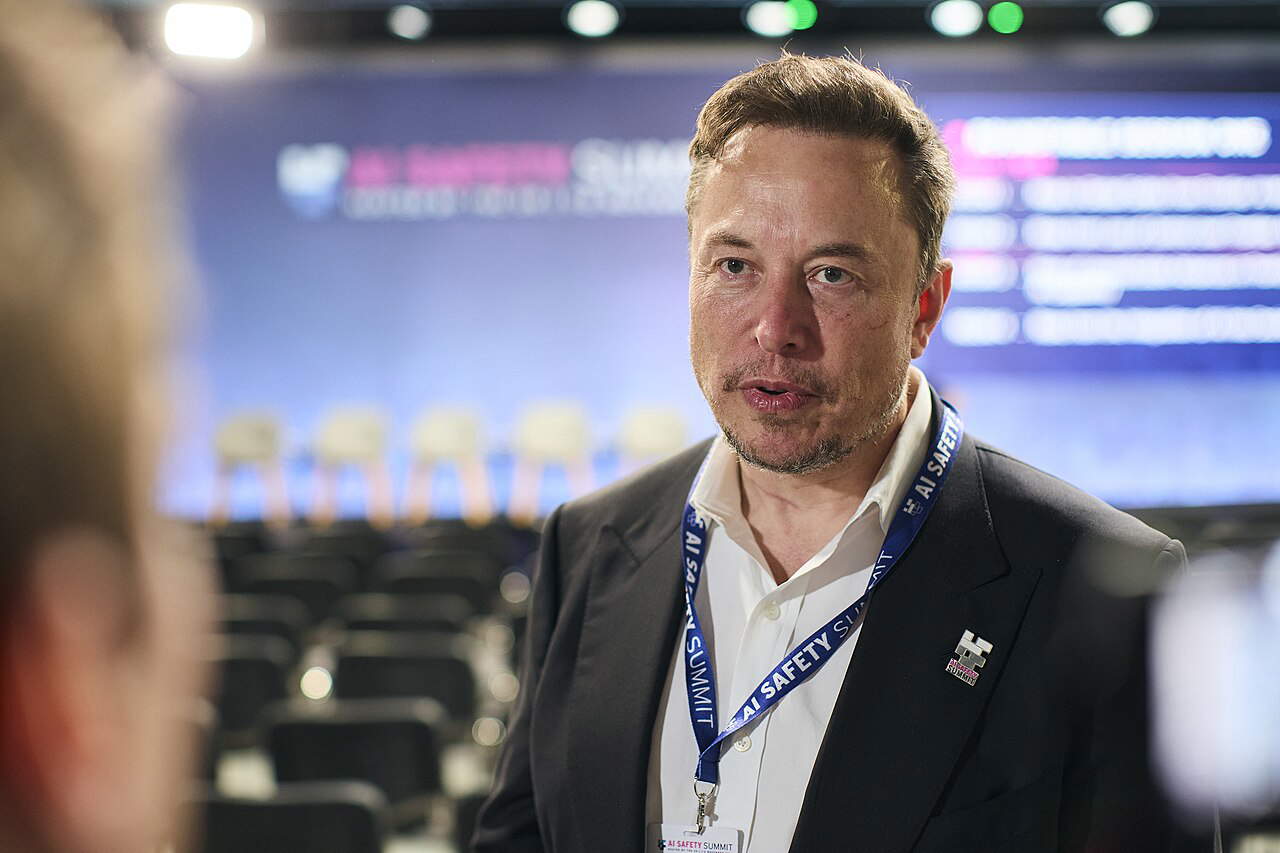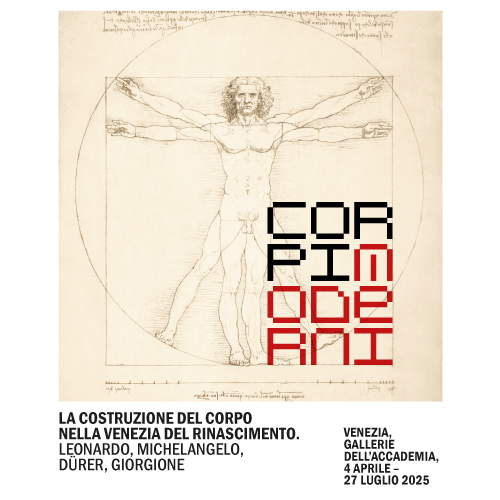Musk Foundation funds research on ancient Rome: what Musk wants to do with his $3 million
The Musk Foundation recently allocated three million dollars to enhance research and preservation of the cultural heritage of ancient Rome. The announcement was made in recent days by Andrea Stroppa, an Italian associate of Elon Musk, who made the funding public through an official statement. The initiative includes a division of funds into two main areas of intervention: one dedicated to the conservation of the Roman archaeological heritage, the other focused on the deciphering of papyri found in Herculaneum, which date back to 79 AD, the year of the historic eruption of Vesuvius.
The first part of the funding, amounting to $1 million, is earmarked for archaeological and Roman heritage conservation projects. This amount will be distributed by theAmerican Institute for Roman Culture (Airc), a nonprofit organization that runs the Ancient Rome Live educational platform, through a grant under the Expandere Conscientiae Lumen initiative. Airc announced the opening of a call for proposals to fund innovative projects that meet sustainability criteria and produce measurable results. Funds may be applied for by students, researchers, historians, archaeologists and restorers, with the goal of supporting initiatives that contribute to a greater understanding and appreciation of ancient Rome. The deadline for applications is March 31, 2025, and all information on how to participate is available on the platform website at https://ancientromelive.org/ecl/.
“Do you study Ancient Rome and are an archaeologist, student, researcher, restorer and need money for your projects? American Institute for Roman Culture with the support of the Musk Foundation is listening, propose your projects,” Stroppa wrote on his X profile.

Ancient Rome Live: The educational platform of choice
Ancient Rome Live, one of the most respected platforms in education, stands as a reference point for all those who wish to learn more about the history, culture, and archaeology of Rome. Founded in 2002, Airc has established itself as a nonprofit organization that promotes the protection and dissemination of Rome’s cultural heritage through high-impact archaeological excavations and innovative educational programs. Airc’s mission is to make the ancient Roman world accessible to a global audience, using state-of-the-art resources for professionals, educators and enthusiasts. The second part of the $2 million in funding is for a particularly fascinating project: the Vesuvius Challenge. The initiative, which aims to decipher papyri discovered at Herculaneum, focuses on texts written in Greek that date from the time of the 79 A.D. eruption. These papyri contain important writings by philosophers of antiquity, particularly Epicurus, whose thought had great influence on the Herculaneum school of philosophy. The new funds earmarked for the Vesuvius Challenge will be used to scan and decipher the papyri, work that will be done in collaboration with researchers and scientists from around the world.
“These two initiatives reflect Elon Musk’s vision to preserve, protect, and promote Roman culture and history by offering concrete resources to researchers, educators, students, archaeologists, restorers, and historians,” Andrea Stroppa continues in X.
Advanced technologies for deciphering papyri
Next March, a selection of papyri will be brought to Oxford to be subjected to high-resolution scans using a particle accelerator, an innovative technique that allows detailed images to be obtained without damaging the delicate texts. Next, the data will be processed in the United States to try to decipher the contents of these millennia-old writings. This project follows last year’s success, when three students, including an intern at SpaceX, won a $700,000 prize for deciphering a Herculaneum papyrus that contained writings by the Epicurean philosopher Philodemus. The papyrus had remained undeciphered for more than 2,000 years, and reading it revealed valuable information about the thought of Epicurus, who had a school in Herculaneum, contributing significantly to our learning about ancient philosophy.
The Musk Foundation’s inclusion in the project marks another step in the collaboration between technology and archaeology. Through the use of advanced technologies, such as particle accelerator scanning, and to the significant investment in research and conservation, Foundation aims to demonstrate a real commitment to the protection and enhancement of historical heritage. The use of modern technologies, such as those used in the Vesuvius Challenge, could open up new opportunities to uncover secrets hidden for millennia that could reveal new insights into the philosophy, culture, and daily life of ancient Rome.
 |
| Musk Foundation funds research on ancient Rome: what Musk wants to do with his $3 million |
Warning: the translation into English of the original Italian article was created using automatic tools. We undertake to review all articles, but we do not guarantee the total absence of inaccuracies in the translation due to the program. You can find the original by clicking on the ITA button. If you find any mistake,please contact us.




























